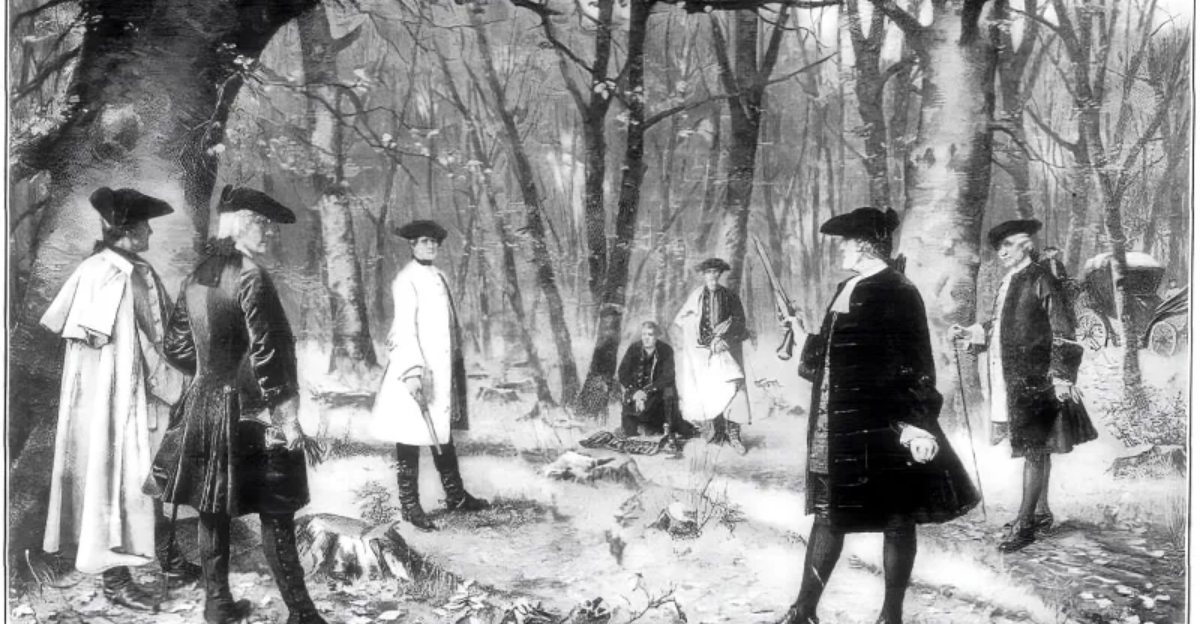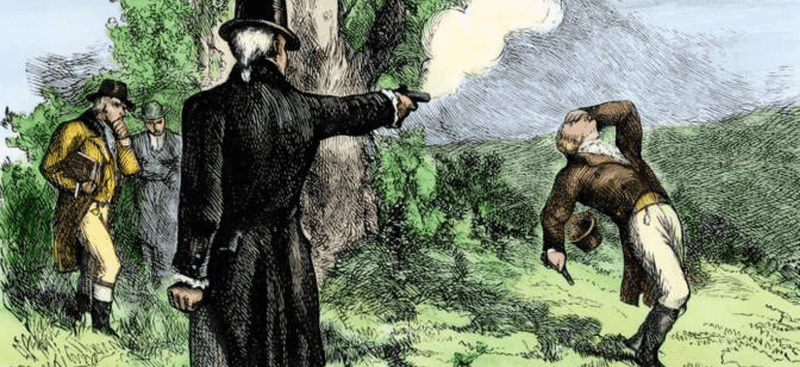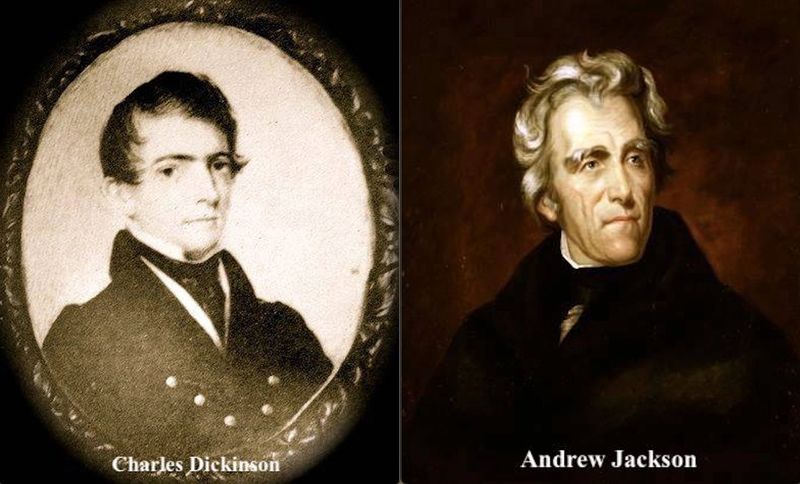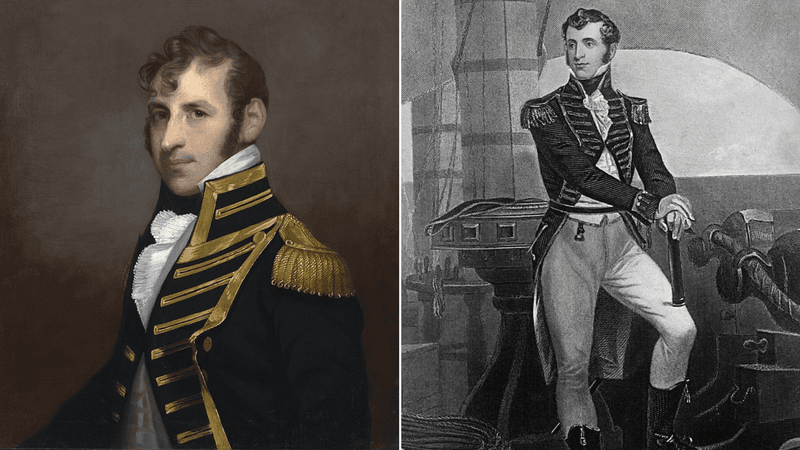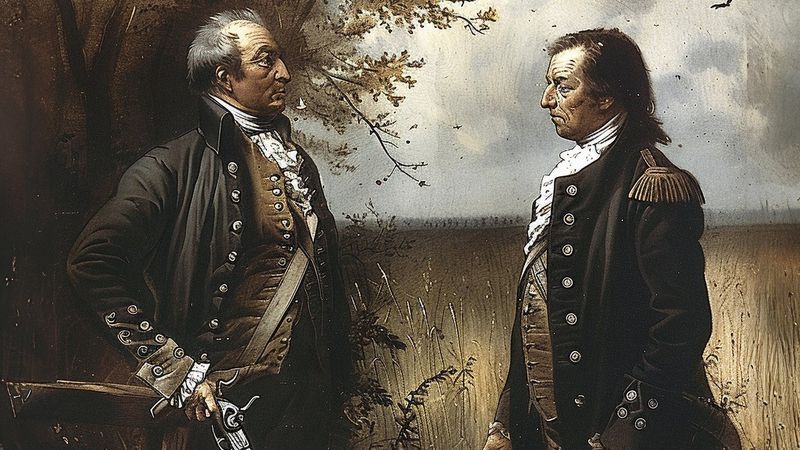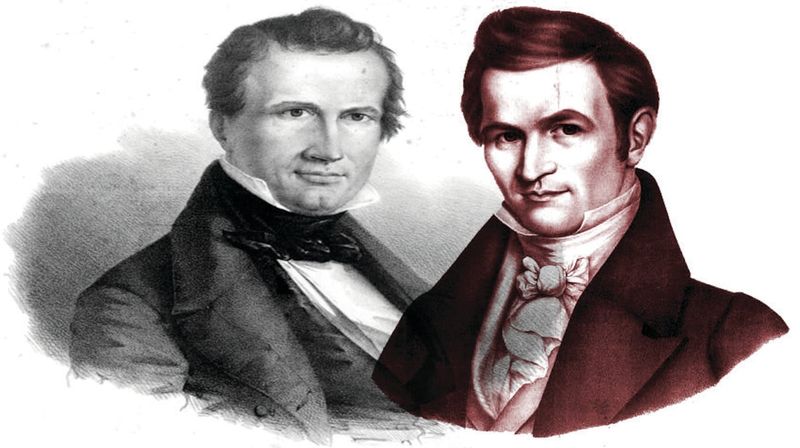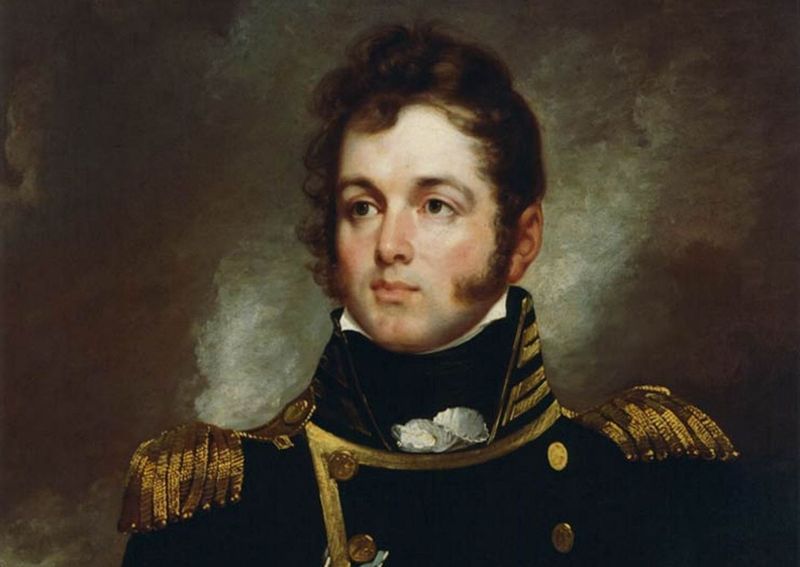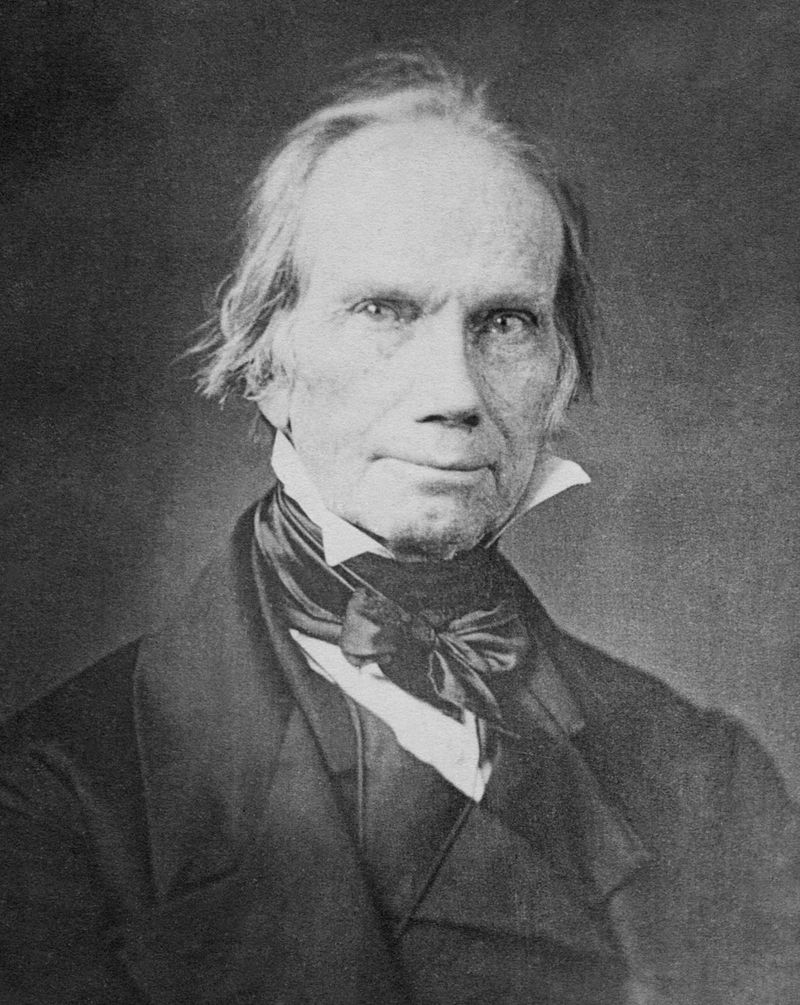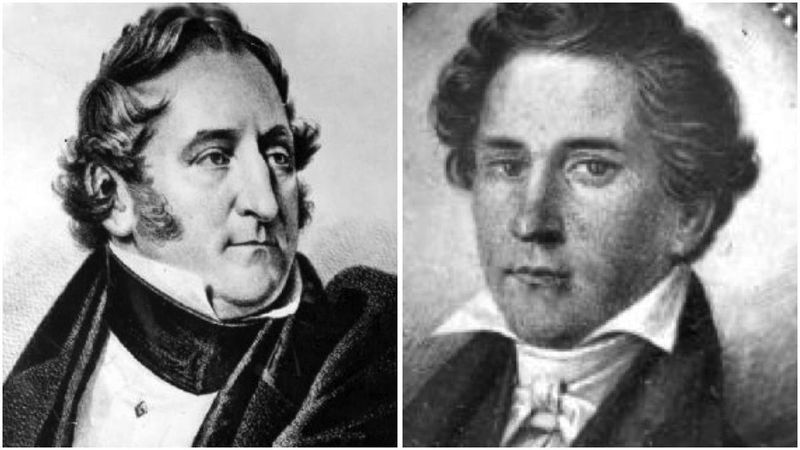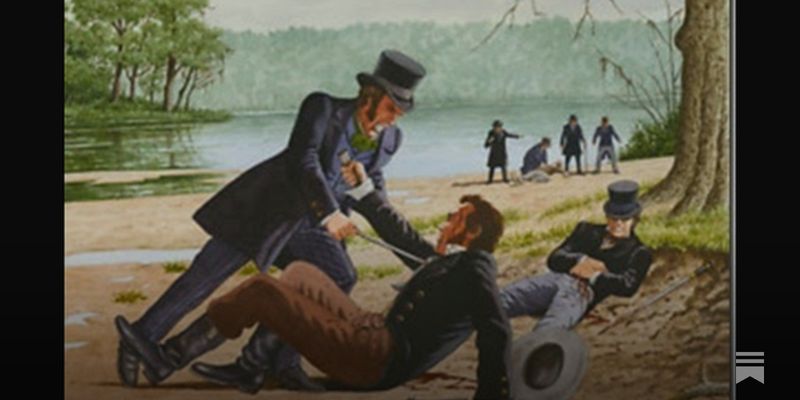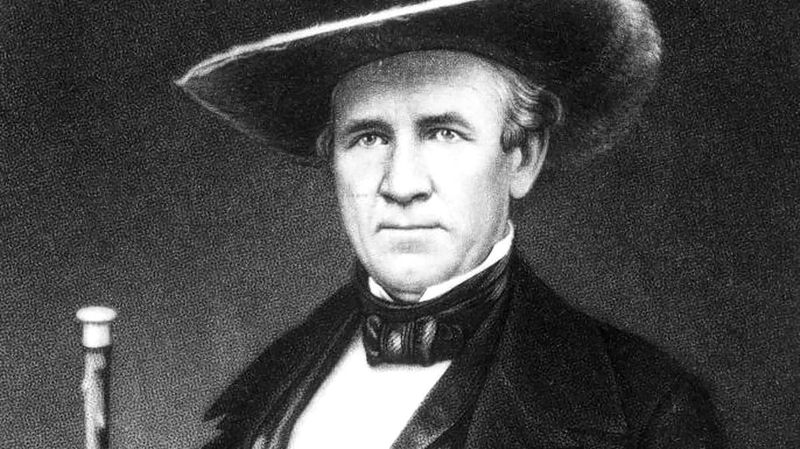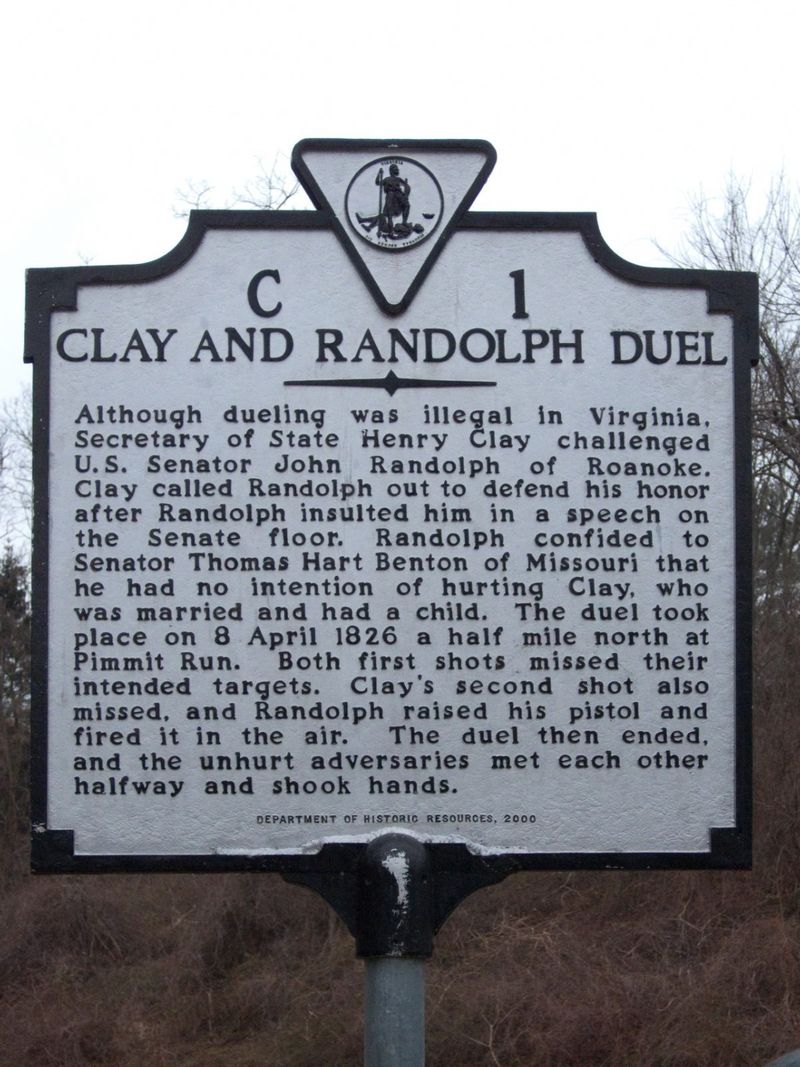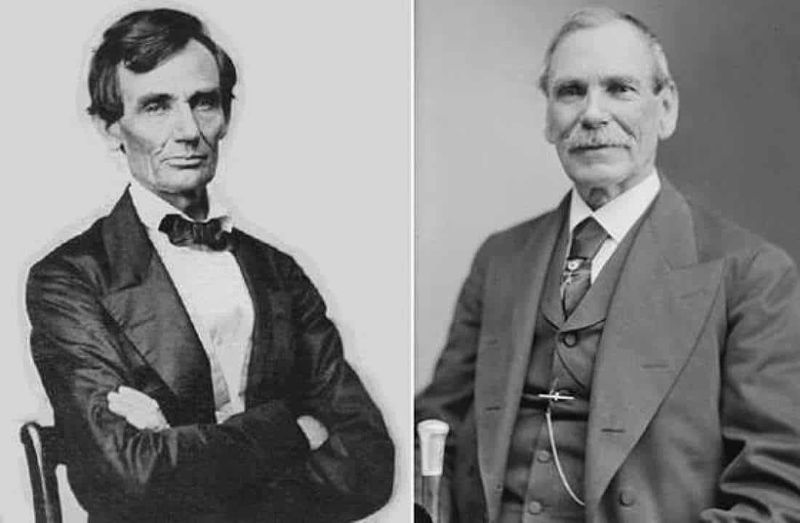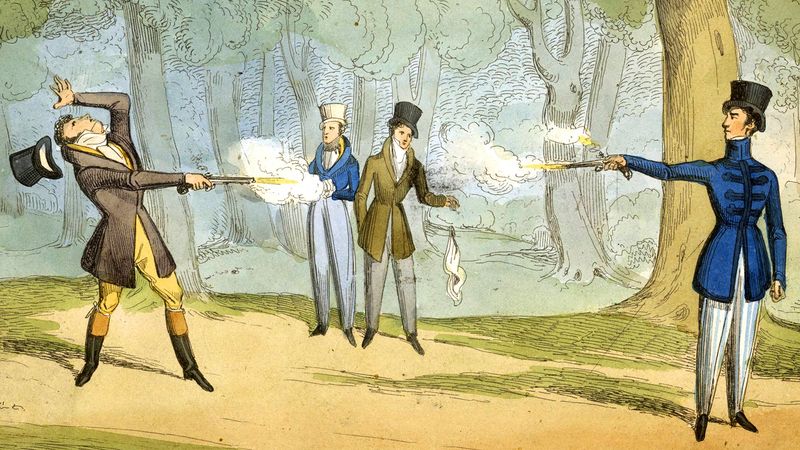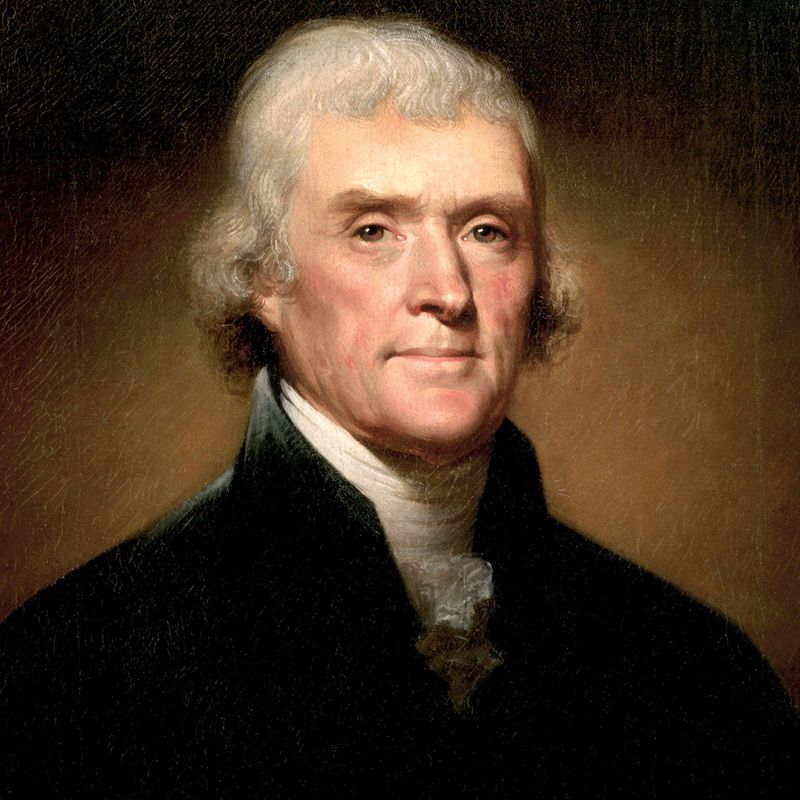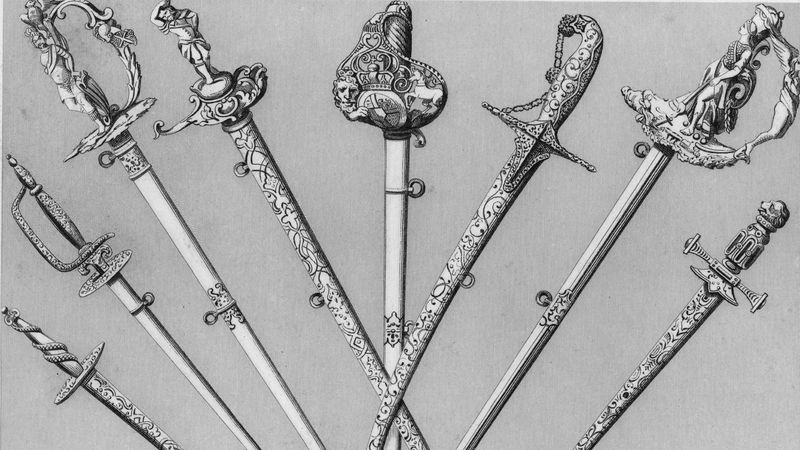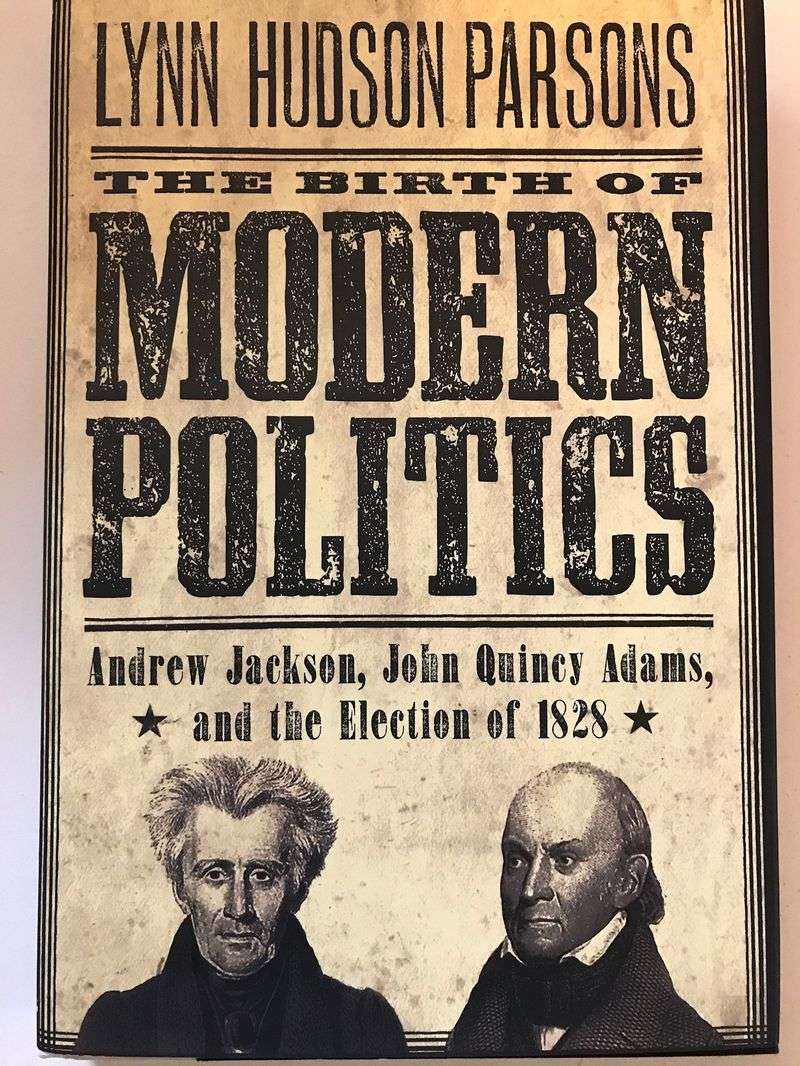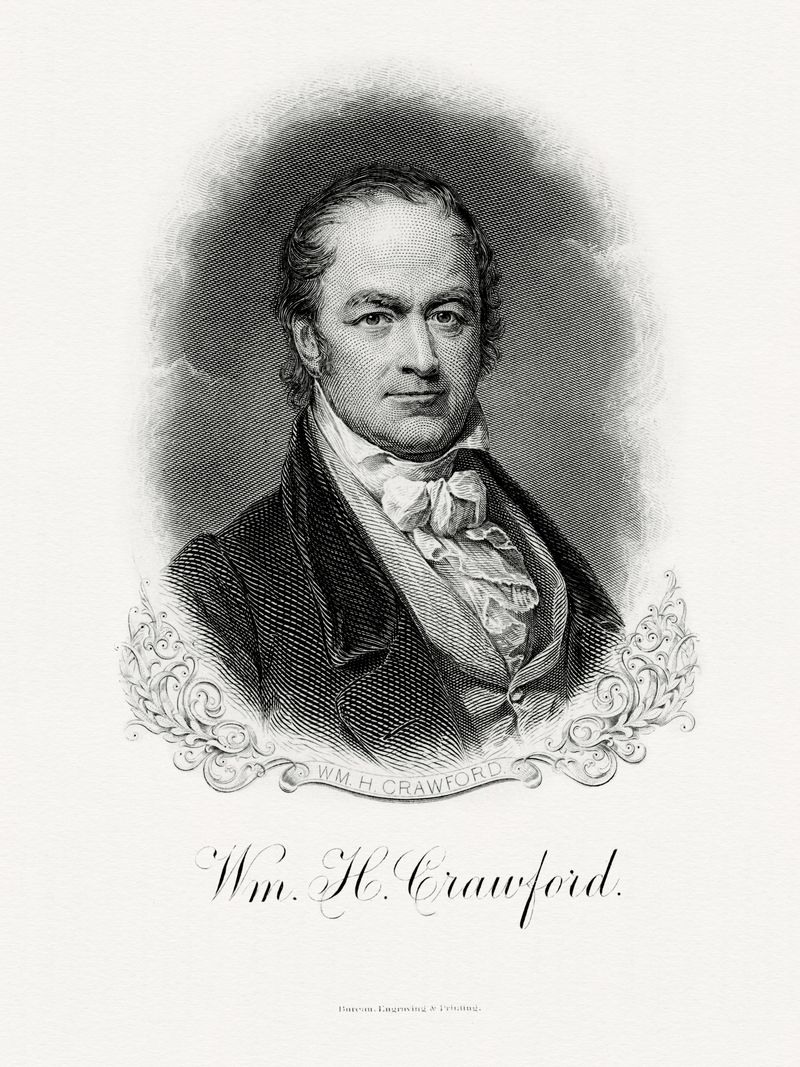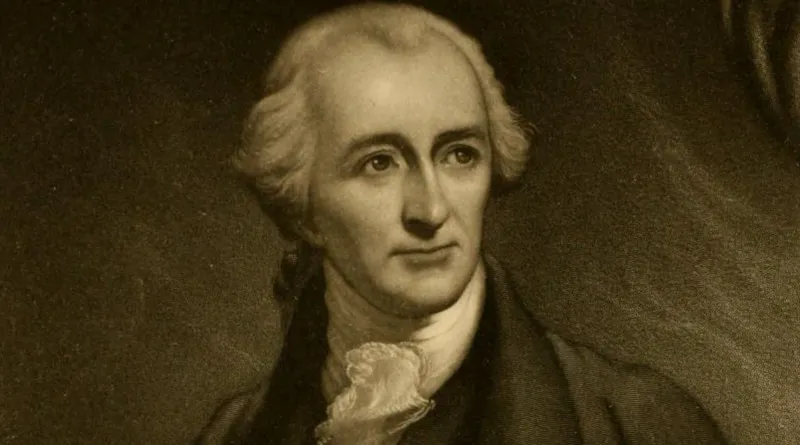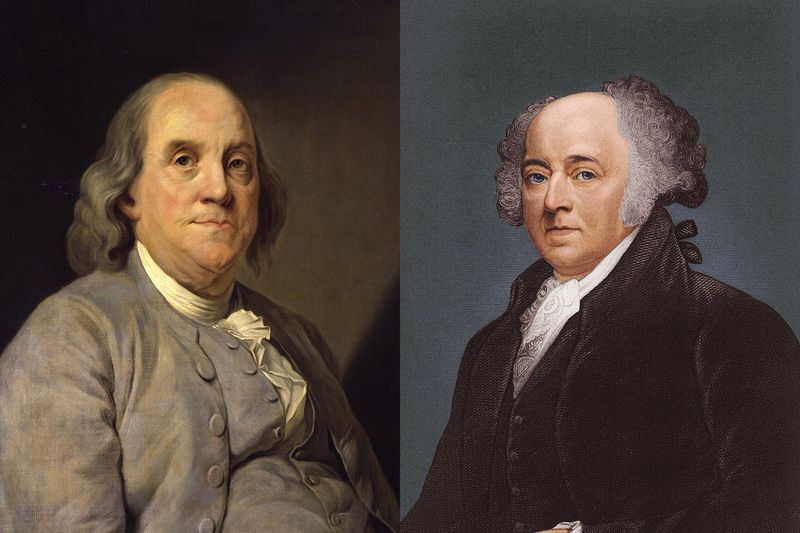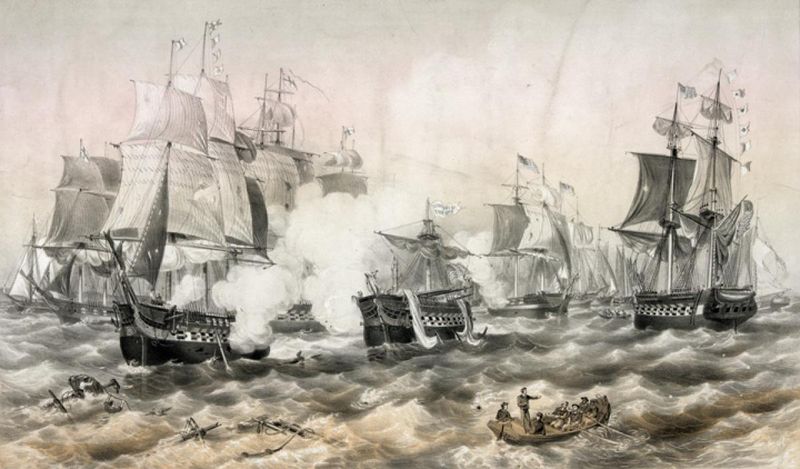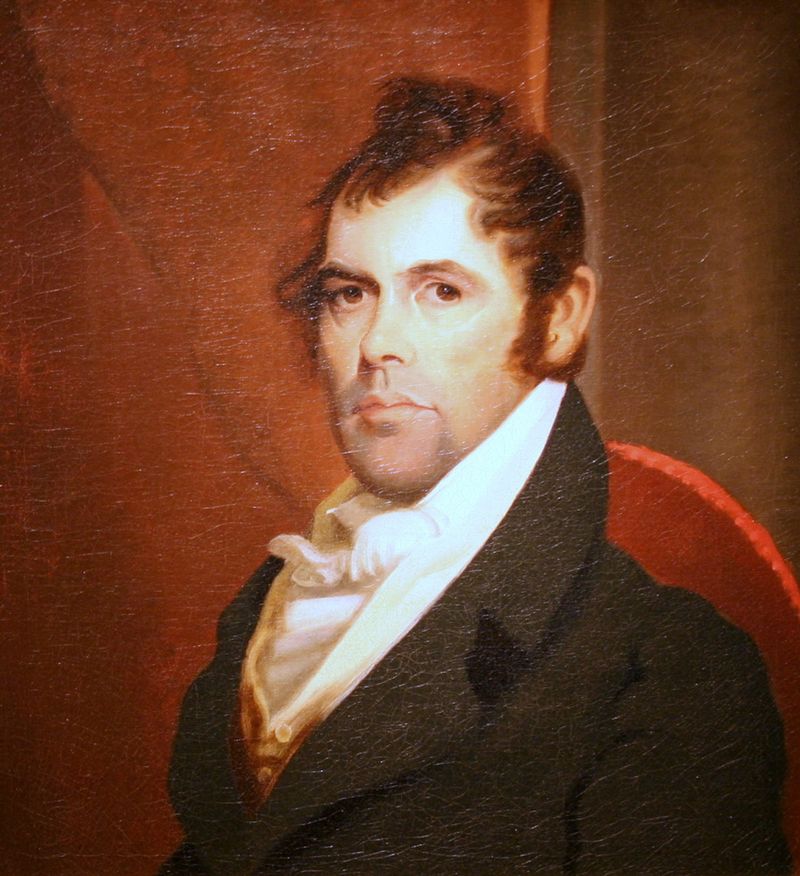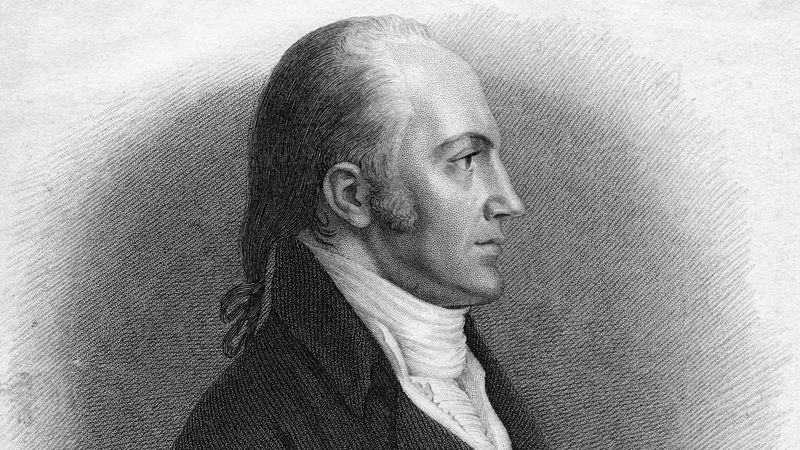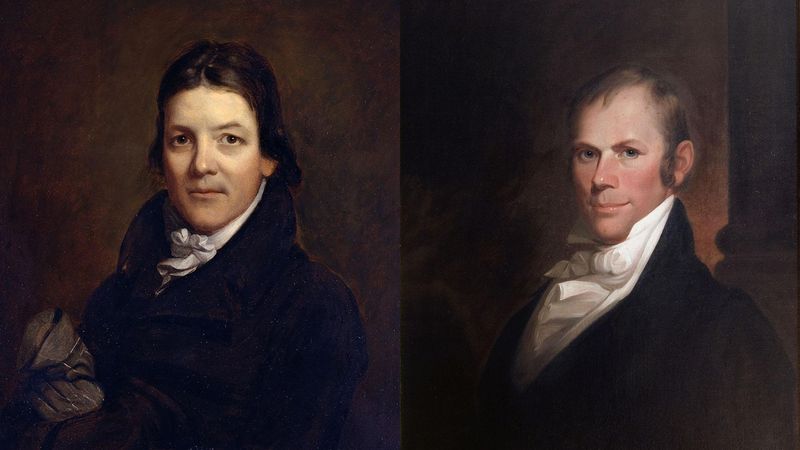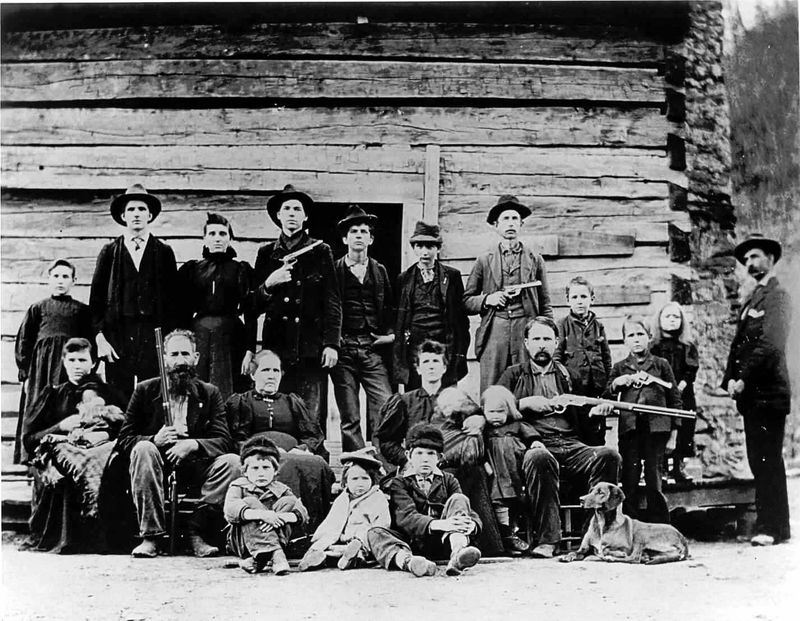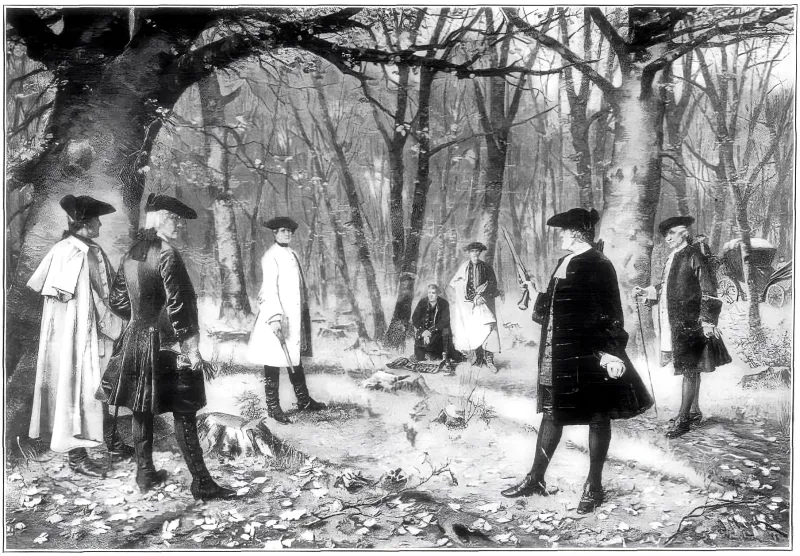Duels have long captured our collective imagination—the face-to-face standoff, the anticipation, and the often tragic outcomes make them a fascinating part of history.
In the U.S., duels were particularly notorious during the 18th and 19th centuries, serving as brutal reminders of honor and courage—or folly, depending on one’s viewpoint.
Here are 25 of the most notorious duels in American history and the shocking consequences that followed.
From political figures to military generals, these encounters shaped history and sometimes altered the course of careers, lives, and even national events.
1. Alexander Hamilton vs. Aaron Burr
In 1804, two iconic figures, Alexander Hamilton and Aaron Burr, faced off in a duel that would forever change the course of American politics. Hamilton, a former Secretary of the Treasury, faced Burr, the sitting Vice President, in a conflict born out of political rivalry and personal animosity.
The duel took place in Weehawken, New Jersey, and ended with Hamilton being mortally wounded.
This event not only ended Hamilton’s life but also effectively ended Burr’s political career. The duel remains one of the most famous in U.S. history, symbolizing the volatile nature of early American politics.
2. Andrew Jackson vs. Charles Dickinson
Andrew Jackson, who would later become the seventh President of the United States, engaged in a lethal duel with Charles Dickinson in 1806. The dispute was over a horse race and an insult to Jackson’s wife, escalating tensions.
The duel was fierce; Dickinson, a renowned shot, fired first and struck Jackson in the chest. Despite his severe wound, Jackson remained standing and killed Dickinson with his return shot.
This duel exemplified Jackson’s tenacity and toughness, traits that would define his political career. Jackson carried the bullet for the rest of his life, a testament to his enduring legacy.
3. Stephen Decatur vs. James Barron
In 1820, Commodore Stephen Decatur, a celebrated naval hero, faced off against Commodore James Barron in a tragic duel. The conflict stemmed from a disagreement over naval command and honor.
The duel took place in a secluded area, shrouded in fog, which added to the drama and tension. Decatur, despite his military prowess, was mortally wounded and died shortly after. Barron survived but lived in disgrace among his peers.
The duel highlighted the intense personal and professional rivalries that existed within the U.S. Navy and the deadly consequences that could result from them.
4. Button Gwinnett vs. Lachlan McIntosh
Button Gwinnett, a signer of the Declaration of Independence, engaged in a fatal duel with Lachlan McIntosh in 1777. The dispute arose from political disagreements and personal insults during the early years of the American Revolution.
The duel took place in Georgia and was marked by its harsh and tense atmosphere. Both men were wounded, but Gwinnett’s injuries proved fatal.
This duel was significant as it involved high-ranking officials during a pivotal moment in American history, reflecting the intense political divisions and personal rivalries of the time.
5. Jonathan Cilley vs. William Graves
In 1838, a duel between Congressman Jonathan Cilley and Congressman William Graves captured national attention. The conflict arose from a political dispute exacerbated by the partisan tensions of the time.
The duel took place on a riverbank, with both men using rifles, which was unusual for the time. Cilley was fatally shot, resulting in public outrage and debate over the practice of dueling among politicians.
This duel is remembered for its tragic outcome and for sparking discussions on the ethics and legality of dueling in the political arena, influencing future legislation.
6. Commodore Perry vs. Captain Heath
In 1818, Commodore Oliver Hazard Perry, a naval hero from the War of 1812, faced Captain John Heath in a duel over allegations of slander. Both men were stationed in the Caribbean at the time, creating a backdrop of tropical tension.
The duel ended without bloodshed as Heath missed his shot and Perry fired into the air, refusing to harm his opponent.
This act of restraint was seen as a demonstration of Perry’s character and leadership. The duel is remembered not for its violence, but for Perry’s decision to prioritize honor over hostility, setting an example for future officers.
7. Henry Clay vs. Humphrey Marshall
In 1809, Henry Clay, a prominent politician and orator, engaged in a duel with Humphrey Marshall, his cousin and political rival. The conflict arose from legislative disagreements and personal insults that escalated over time.
The duel took place in rural Kentucky, reflecting the intense personal and political divisions of the era. Both men were wounded, but they survived the encounter.
This duel highlighted the volatile nature of political discourse in early America and demonstrated how personal animosities could lead to violent confrontations, even among family members.
Clay continued to play a significant role in American politics afterward.
8. Thomas Hart Benton vs. Charles Lucas
In 1817, a bitter rivalry between Thomas Hart Benton and Charles Lucas culminated in a duel that shocked the community. The dispute was fueled by political and personal animosities that had festered over time.
The duel took place on the banks of the Mississippi River, a setting that added to the drama and intensity of the encounter. Benton shot Lucas, wounding him fatally.
This duel is remembered for its intensity and the tragic loss of life, serving as a cautionary tale about the dangers of unresolved personal conflicts and the sometimes lethal nature of political rivalries.
9. James Bowie vs. Norris Wright
James Bowie, famed for his role in the Texas Revolution, engaged in a deadly knife fight with Norris Wright in the early 1800s. The conflict was rooted in personal and financial disputes that had escalated over time.
Unlike traditional pistol duels, this encounter involved knives, highlighting the brutal and raw nature of frontier justice. Bowie survived the fight, further solidifying his reputation as a formidable and fearless individual.
This encounter is significant for its demonstration of the harsh realities of frontier life and the lengths to which individuals would go to defend their honor or settle disputes.
10. Samuel Houston vs. William Stanbery
In 1832, Sam Houston, a former governor of Tennessee, confronted Congressman William Stanbery in the streets of Washington D.C. The conflict arose from Houston’s anger over Stanbery’s defamatory remarks during a congressional session.
This encounter was more of a physical altercation than a formal duel, with both men wielding canes instead of pistols. Houston’s actions led to his arrest and trial, where he was ultimately fined.
This incident is remembered for its reflection of the intense political and personal rivalries of the time and for showcasing Houston’s fiery temperament and willingness to defend his honor, even if unconventionally.
11. John Randolph vs. Henry Clay
In 1826, a duel between John Randolph and Henry Clay encapsulated the political tensions of the era. The conflict arose from disagreements during Senate debates, spiraling into a personal vendetta.
The duel took place in Virginia, set against a backdrop of rolling countryside at dawn.
Both men missed their shots, leading to no casualties, but the event underscored the volatile nature of political disagreements and the lengths politicians would go to defend their honor.
This duel is remembered for its restraint, as both men ultimately decided to resolve their differences without bloodshed, highlighting a shift in cultural attitudes toward dueling.
12. James Shields vs. Abraham Lincoln
In 1842, Abraham Lincoln found himself challenged to a duel by James Shields, a state auditor. The conflict stemmed from inflammatory letters published by Lincoln that ridiculed Shields, leading to a demand for satisfaction.
The duel was set to take place on the Illinois prairie with broadswords, an unusual choice that added to the tension. However, it was called off at the last moment, resulting in no bloodshed.
This incident is notable for its near miss and for highlighting Lincoln’s early political career and the personal rivalries that existed even among future statesmen, reflecting the contentious nature of the period.
13. Alexander Boteler vs. Edmund Pendleton
Alexander Boteler, a Virginia politician, faced off against Edmund Pendleton in a lesser-known duel in the 19th century. The conflict arose from a political disagreement that escalated into a personal feud.
The duel was conducted on a Virginia estate, emphasizing the formal and structured nature of such encounters during the time. Both men fired their weapons, but neither was injured, allowing them to walk away with their honor intact.
This duel is significant for illustrating the ritualistic and often non-lethal nature of many duels, where honor was more about the willingness to face danger than the act of causing harm.
14. Thomas Jefferson vs. John Harvie
In the late 18th century, a duel between Thomas Jefferson and John Harvie nearly occurred due to a heated legal dispute. The two men, both prominent legal figures, were known for their sharp intellect and fiery tempers.
The duel was eventually averted through mediation, reflecting the growing trend towards resolving conflicts without resorting to violence.
This incident is significant for highlighting the tensions that could arise even among prominent intellectuals and for demonstrating the shift in cultural attitudes towards conflict resolution during the period.
It serves as a reminder of the power of diplomacy and the importance of cooler heads prevailing.
15. Samuel L. Mitchill vs. DeWitt Clinton
In the early 1800s, a duel nearly took place between Samuel L. Mitchill and DeWitt Clinton, two influential political figures in New York. The conflict stemmed from political disagreements and personal slights that had escalated over time.
The duel was eventually averted through negotiation, reflecting the changing attitudes towards dueling as a means of resolving disputes.
This incident highlights the intense political rivalries of the era and the potential for violence that often accompanied them.
It also underscores the importance of diplomatic solutions and the power of negotiation in averting potentially deadly confrontations, setting a precedent for future political conflicts.
16. John Quincy Adams vs. General Andrew Jackson
The tense rivalry between John Quincy Adams and General Andrew Jackson never escalated to a formal duel, but came close during the contentious 1824 presidential election. Their political animosity was palpable, reflecting the deep divisions within the country.
While no weapons were drawn, the conflict between Adams and Jackson played out in the political arena, influencing the future of American politics.
This near-duel is significant for highlighting the intense personal and political rivalries of the era and the potential for confrontation even among leaders. It serves as a reminder of the power of political discourse and the importance of civility in public life.
17. William Crawford vs. George Troup
In the early 19th century, a duel between William Crawford and George Troup exemplified the intense political rivalries of the time. The conflict arose from disagreements over political appointments and policies, escalating to a personal confrontation.
The duel, conducted in the Georgia countryside, was marked by its formal and structured nature. Both men missed their shots, resulting in no bloodshed.
This incident is remembered for illustrating the ritualistic nature of duels, where the act of participating was often more important than the outcome. It serves as a reflection of the intense personal and political rivalries that characterized the era.
18. Thomas McKean vs. George Read
Thomas McKean and George Read, both signers of the Declaration of Independence, nearly came to blows over a political disagreement that escalated into a personal feud. The conflict highlighted the intense political divisions of the time.
While the duel was ultimately averted, the incident underscores the volatility of political life in early America and the potential for personal rivalries to escalate into violence.
This near-duel is significant for reminding us of the intense passions that drove the founding fathers and the importance of diplomacy in resolving conflicts.
It serves as a testament to the challenges faced by early American leaders in navigating personal and political disputes.
19. Benjamin Franklin vs. John Adams
The famous rivalry between Benjamin Franklin and John Adams, two towering figures of the American Revolution, never resulted in a physical duel but was characterized by intense personal and ideological disagreements.
Their conflict, played out in the political and diplomatic arenas, reflected the larger tensions within the revolutionary movement. While no weapons were drawn, their rivalry had significant implications for the future of the young nation.
This near-duel is significant for illustrating the power of ideas and the importance of intellectual debates in shaping history. It serves as a reminder of the potential for disagreement even among allies and the necessity of compromise and collaboration.
20. Commodore Oliver Hazard Perry vs. Captain Jesse Duncan Elliott
The animosity between Commodore Oliver Hazard Perry and Captain Jesse Duncan Elliott brewed amid the War of 1812. Perry accused Elliott of cowardice and dereliction of duty during the Battle of Lake Erie, a claim that stung deeply.
Their feud culminated in a formal duel, a rare event among naval officers, exposing deep-seated tensions within the naval ranks. Though neither was fatally injured, the incident left a lasting mark on their careers and reputations.
This duel is remembered not just for its naval context but also for highlighting the personal conflicts that could simmer beneath military discipline.
21. Richard Mentor Johnson vs. John Rowan
In the early 19th century, a duel between Richard Mentor Johnson and John Rowan captured public attention. The conflict arose from a personal disagreement that escalated into a formal challenge.
The duel took place outdoors, emphasizing the tense and dramatic nature of such encounters. Both men survived, with the duel ending without bloodshed.
This incident is remembered for illustrating the ritualistic and often theatrical nature of duels, where the act of participating was as important as the outcome.
It serves as a reflection of the intense personal and political rivalries that characterized the era and the lengths individuals would go to defend their honor.
22. Samuel Cooper vs. Alexander Hamilton
In the late 18th century, a duel between Samuel Cooper and Alexander Hamilton, both military officers, stemmed from a professional disagreement that escalated into a personal feud.
The conflict highlighted the intense rivalries within the military establishment.
The duel was conducted in New York, emphasizing the formal and structured nature of such encounters during the time. Both men fired their weapons, but neither was harmed, allowing them to walk away with their honor intact.
This incident is significant for illustrating the ritualistic nature of duels, where the act of participating was often more important than the outcome, reflecting the intense personal and professional rivalries of the era.
23. Henry Clay vs. John Randolph
Henry Clay, known for his political prowess, faced off against John Randolph in a duel that captivated the nation. At 45, Clay’s leadership was unquestioned, but Randolph, aged 42, with his sharp intellect, posed a formidable challenge.
Their duel, taking place in a misty clearing, symbolized the political tensions simmering beneath the surface. Each shot fired was a metaphor for their clashing ideologies and personal vendettas.
Neither man was killed, but the duel had far-reaching implications, showcasing the perilous intersection of politics and personal honor.
24. The Hatfield vs. McCoy Tavern Duel
In a dimly lit tavern, two rugged men faced off amid the chaos of the frontier. The Hatfield vs. McCoy duel wasn’t about family feuds but rather who owned the title to a prized horse.
As bystanders ducked under tables, the gunfire erupted, leaving the tavern in shambles. The duel ended with both men unharmed, save for their dignity, but the tavern never recovered from the ruckus.
The outcome was a draw, with no one claiming the horse. The tale remains a curious anecdote in the annals of American dueling lore.
25. James Bowie vs. Major Norris Wright
James Bowie, an American pioneer, found himself in a life-and-death duel with Major Norris Wright. The duel stemmed from a heated dispute over land claims, escalating to a point where words could no longer suffice.
This confrontation took place in the wilderness of Louisiana, where both men stood facing each other, pistols in hand.
As the duel commenced, the tension was almost tangible, with each man fully aware of the fatal consequences awaiting the loser. In the end, it was Bowie’s resilience and determination that prevailed.
This duel not only marked a significant moment in Bowie’s life but also cemented his reputation as a fierce and formidable opponent.
